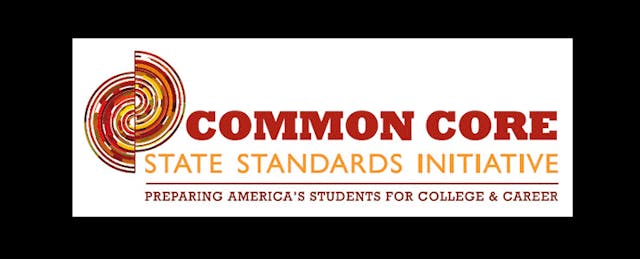Add this voice to the concerns about the challenges of implementing Common Core assessments: the Gates Foundation. A year ago, American Teacher Federation’s Randi Weingarten called for a “a moratorium on the high-stakes consequences of Common Core tests.” On Tuesday, the Gates Foundation echoed Weingarten’s recommendation in this open letter: “No evaluation system will work unless teachers believe it is fair and reliable, and it’s very hard to be fair in a time of transition. The standards need time to work. Teachers need time to develop lessons,” wrote Vicki Philips, Gates’ director of education.
Coincidental timing? Two states--Oklahoma and South Carolina that had supported Common Core standards backed away from them in the past two weeks. Indiana legislators voted out Common Core in April. (Even so 42 states and the District of Columbia are onboard; many of those states have invested tens of millions of dollars preparing relevant curriculum.)
No one wants more tests. Worse: the herky-jerky rollout of the assessments associated with Common Core has vexed many teachers, administrators and yes, parents and students.
But when those valid concerns cause the standards to come unglued, teachers and students are the first to feel the whiplash.
Teachers in Oklahoma and South Carolina are in scramble mode: “My teachers are extremely worried that all of their hard work is going to have to be redone,” Melissa Ahlgrim, an Oklahoma elementary language arts curriculum coordinator, told the Oklahoman newspaper. “They’re proud of what they’re doing and they’re proud of what their students are achieving."
There's a sharply political undercurrent to the conversation about school standards. The Oklahoma state representative who coauthored the bill to pull the state out of Common Core said he worries most about who wrote the standards. Again in the Oklahoman, Rep. Jason Nelson, R-Oklahoma City notes: “The one thing I have noticed that unites such a broad spectrum of people against it [Common Core] is the idea of giving up control to the federal government or a group of states.”
Last Sunday, the Washington Post ran this lengthy account of how Common Core evolved. It contended that “Bill Gates was de facto organizer, providing the money and structure for states to work together on common standards in a way that avoided the usual collision between states’ rights and national interests that had undercut every previous effort, dating from the Eisenhower administration.”
That's giving the Gates Foundation significant credit for orchestrating a national campaign. It also leaves out the years of concern and frustration that many teachers have had and voiced around with the existing, bubble-in-the answer tests and state standards.
In a video interview with the Washington Post, Gates reiterated why he supports the Common Core. “I believe in the Common Core because of its substance and what it will do to improve in education. And that’s the only reason I believe in the Common Core,” Gates said.
Many teachers are with him on this. Taking more time to find smart ways to implement and assess how students are doing is a smart approach--and one that keeps students and teachers in the center of the picture.
Editor's note: EdSurge has received funding from the Gates Foundation to build out our Product Index and for our recent report on Professional Development.


